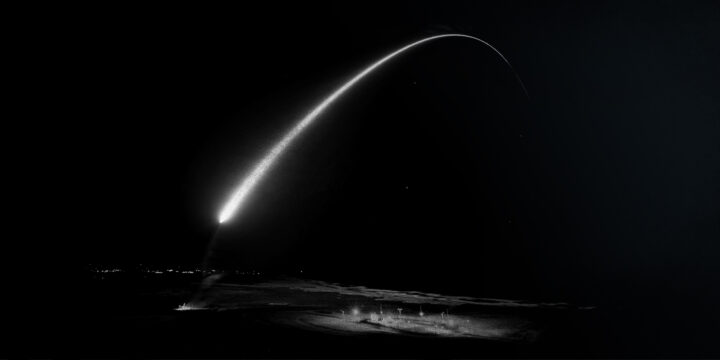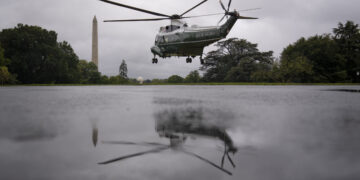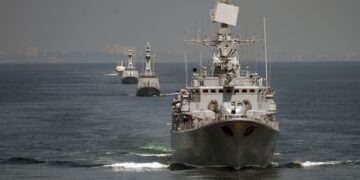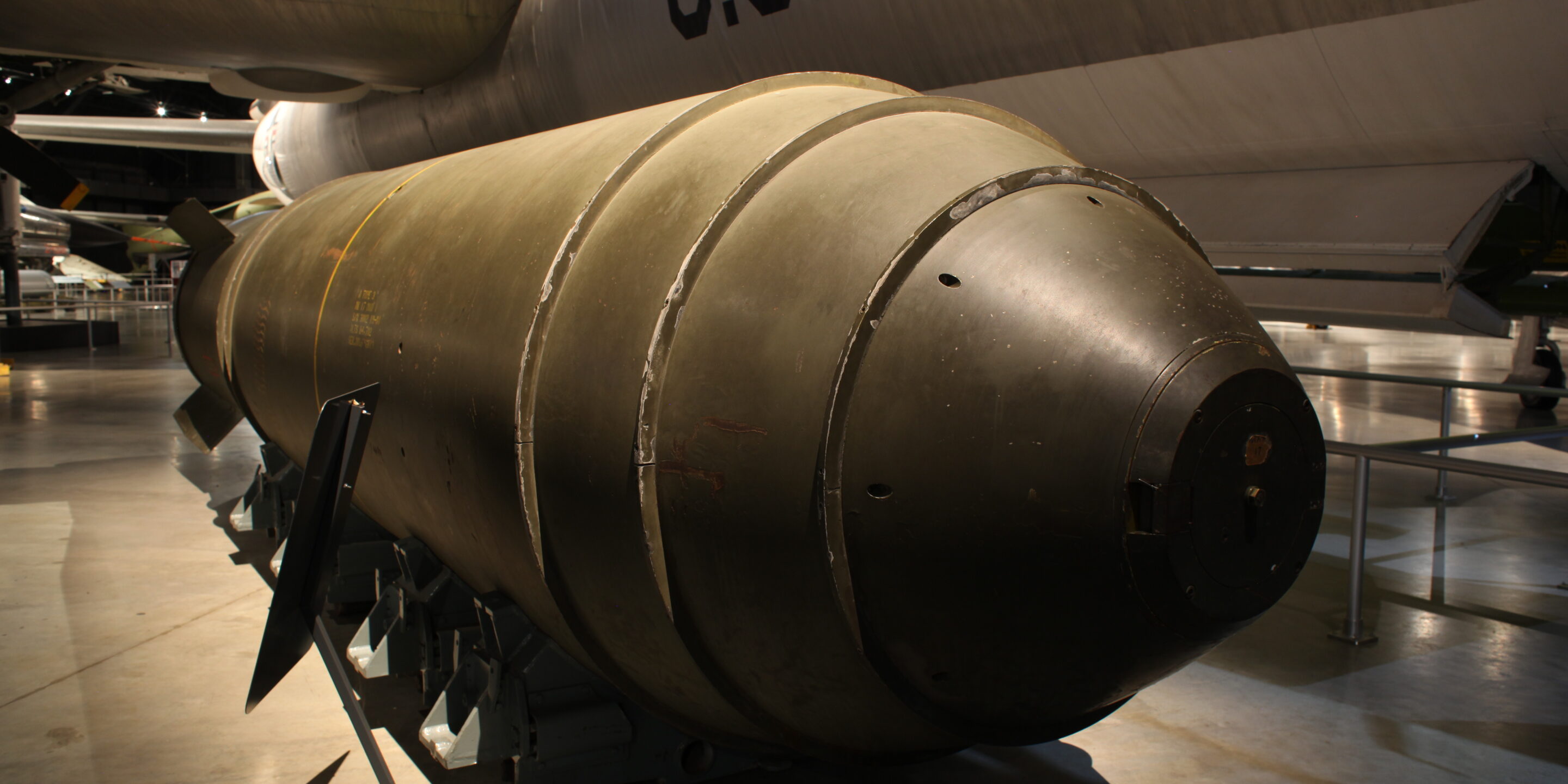
On April 22, Polish President Andrzej Duda made the latest in a series of pitches from Warsaw to host U.S. nuclear weapons in the NATO nation. Last June, Polish Prime Minister Mateusz Morawiecki made similar statements in reaction to Russia’s announced deployment of tactical nuclear weapons to its close ally Belarus, which borders Poland.
This call has been echoed in the U.S. as well. Voices from The Heritage Foundation and the American Enterprise Institute have joined in the chorus invoking a nuclear future for Poland. In a surprising move, Sweden’s Prime Minister Ulf Kristersson—NATO’s newest head of government—also voiced an openness to hosting U.S. nuclear weapons on his country’s soil if the need arose. As NATO leaders prepare to meet in Washington in July to commemorate the alliance’s 75th anniversary, the nuclear noise from NATO’s more easterly members will doubtlessly grow louder. With the U.S. preparing to station nuclear bombs in England for the first time since they were removed in 2008, there already seems to be a growing willingness to expand the alliance’s nuclear profile.
Currently, the U.S. stores some 100 nuclear weapons in five NATO countries – Germany, Belgium, the Netherlands, Italy and Turkey – through its “nuclear sharing” initiative. This is far from its peak of 7,000 during the Cold War but it still represents significant destructive potential. Through this arrangement, the U.S. retains total control over its nuclear weapons stationed in Europe (today, all of them are B61 gravity bombs) but in wartime these weapons can be authorized for use on select multirole fighter aircraft operated by allied countries. These are tactical or non-strategic weapons with a destructive capacity much lower than an intercontinental ballistic missile. It’s important to note that the decision to use these weapons is solely in Washington’s hands. Poland is now making a push to become the sixth NATO state to participate in this nuclear sharing initiative.
More on Europe

Featuring Jennifer Kavanagh
April 17, 2025
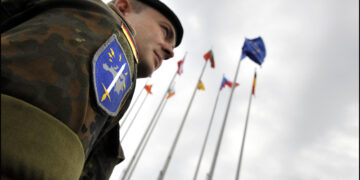
April 8, 2025
Events on NATO
